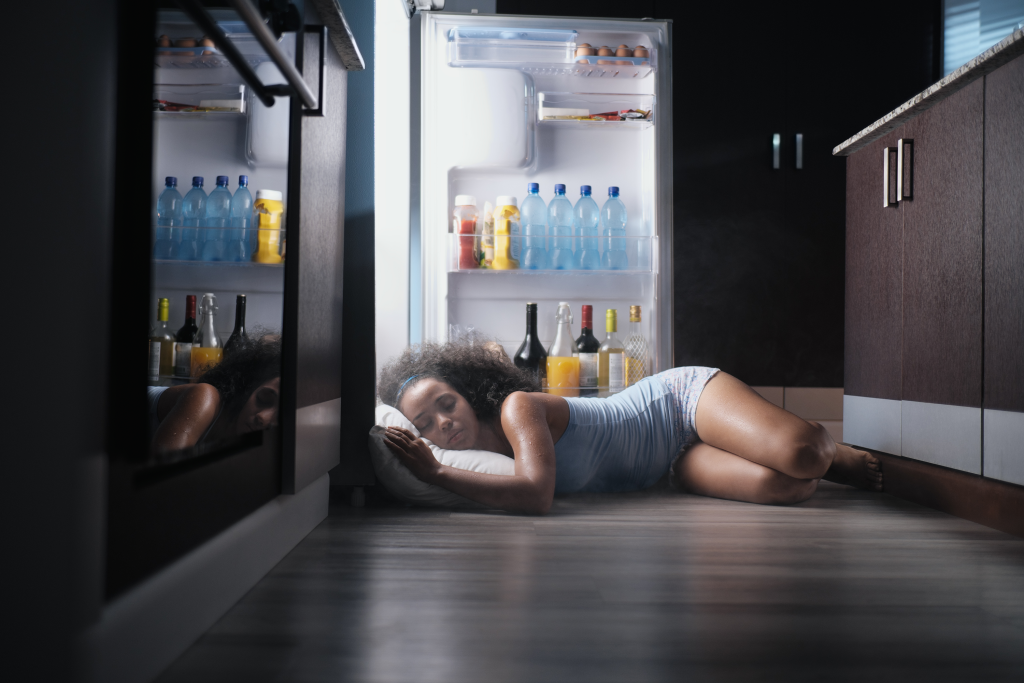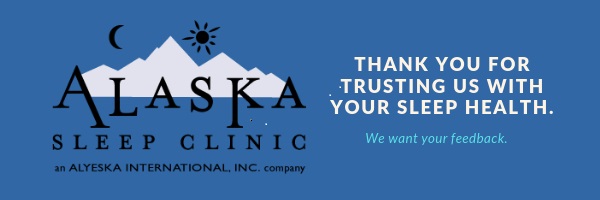
Warmer Climates & Sleep
Specifically, individuals living in warmer climates may lose more sleep per temperature degree increase. In a One Earth study found climate change is “projected to unequally erode sleep, widening global inequalities.” Low-income countries are impacted most by the elderly who have financial constraints. And as women age closer to menopause, their internal body temperature rises as well.
According to the Sleep Doctor (Michael J. Breus, PhD, DABSM), as your body prepares itself for sleep, you experience a drop in core body temperature. This starts to take effect in the late afternoon and drops again after dinner in the early evening.
“The body’s process of thermo-regulation—its ability to maintain and adjust its core temperature—operates on a 24-hour circadian cycle, as does the sleep-wake cycle.” Dropping body temperature helps you fall asleep and stay asleep at night, and rising temperature stimulates alertness in the morning.”
The Circadian Clock & Sleep
Another interesting factor during the day that differs from the night is how retinas perceive natural light. The circadian clock receives a signal when it is brighter that you should be awake. Normal body temperatures of 98.6 Fahrenheit remain due to the cortisol your body produces in this natural rhythm.
“In preparation for sleep at night, the body pushes heat to the extremities. Blood vessels on the skin become larger in order to release heat. These physiological changes work to lower your core body temperature. With that drop in body temperature comes feelings of drowsiness, and eventually, sleep itself.”
Prior to falling asleep, it helps to take a warm bath with essential oils to shift your body to the evening cycle. In the time leading up to bedtime, lowlights and distractions from the blue light of a cell phone also prep your body. Eye masks can also help your retinas relax your body for sleep while laying down in bed.
“When the sun goes down, your eyes will perceive darkness [triggering] the release of melatonin, the hormone that induces feelings of tiredness and relaxation. This also causes your core temperature to dip.”
Adjusting Temperatures to Sleep
When entering the rapid eye movement cycle, your body loses its ability to sweat causing the body to align with the room temperature. When too warm or hot, your body wakes you up and it is hard to fall back asleep. Equally hard is creating a colder temperature in a room when you do not have an air conditioning unit.
Programmable thermostats can alleviate the costs of a cooler home or a cooler room while sleeping so it does not economically drain you. And let’s be honest. Sleeping naked is the last thing anyone wants to do in the winter just to get a few more winks.
According to the Sleep Foundation, your body temperature decreases in the early evening. A normal sleep cycle is “tied to circadian rhythm, which regulates your sleep, appetite, mood, and other bodily functions.”
Nighttime Routine for Better Sleep
Some ideas to help stop the heat are proper curtains or blinds with direct sunlight. Blackout curtains not only create a serene sleeping environment but helps stop the blazing sun for locations in extreme heat or in direct sunlight all day. If all else fails, look at a cooling mattress, sheets, or pillow to bring cooler temperatures to your room.
Starting a bedtime routine specifically designed for the heat also can help lower your body temperature and increase your chances for a healthy night’s rest.
Reduce the temperature in your bedroom to mid-60s degrees Fahrenheit.
Wear breathable clothing and use less bedding.
Avoid mattresses that tend to conform to the body and trap heat, such as hybrid, memory foam, and latex. Instead, opt for water, innerspring, or airbeds.
Get a firmer mattress.
Exercise earlier. Waiting until bedtime will raise your body temperature reacting to your body trying to cool down for bedtime.
Take a warm bath 1 hour before bed. This will help calm your body and adding Epsom salts or oils to the tub will put your body into relaxation.
Asking for Help
Though a change in the routine of your bedroom temperature can help with a lack of sleep it could be another issue.
To discover if there are underlying causes of your lack of sleep, contact the Alaska Sleep Education Center for a free 10-minute phone consultation.
If you live in the state of Alaska, our board-certified sleep specialists can even make a Home Sleep Test work for you by calling us @ 907-357-6700.












